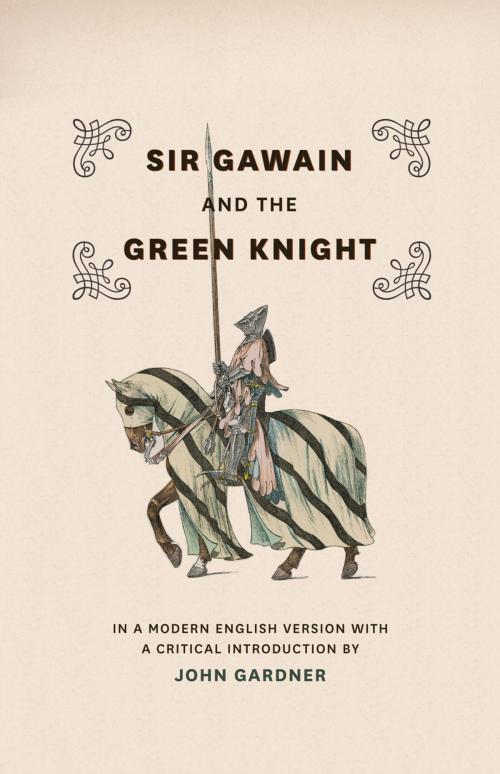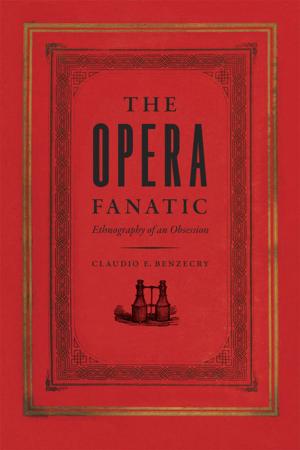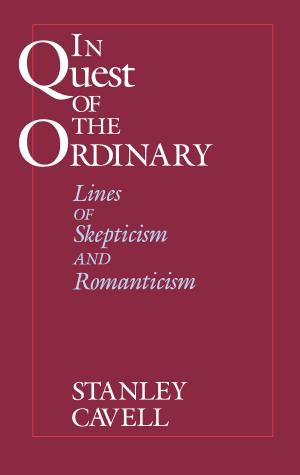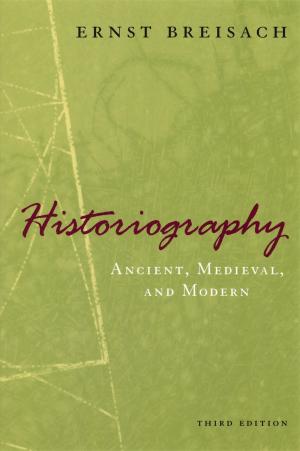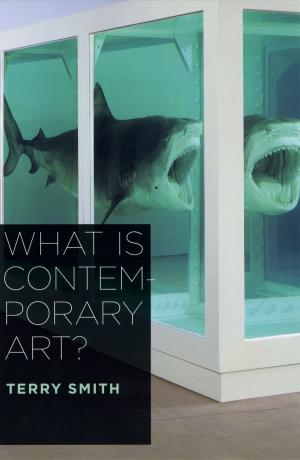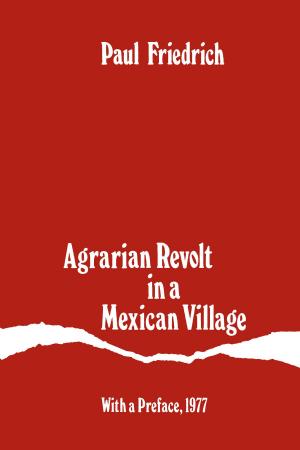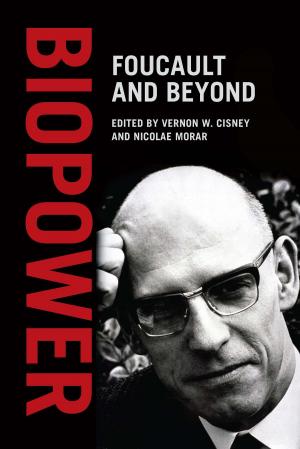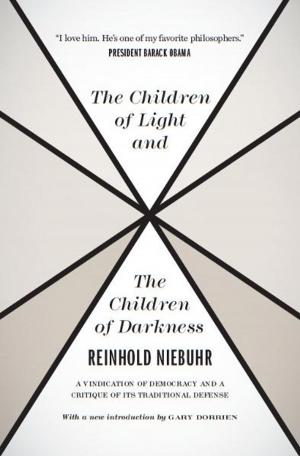Sir Gawain and the Green Knight
In a Modern English Version with a Critical Introduction
Fiction & Literature, Poetry, Classics| Author: | ISBN: | 9780226283272 | |
| Publisher: | University of Chicago Press | Publication: | October 3, 2011 |
| Imprint: | University of Chicago Press | Language: | English |
| Author: | |
| ISBN: | 9780226283272 |
| Publisher: | University of Chicago Press |
| Publication: | October 3, 2011 |
| Imprint: | University of Chicago Press |
| Language: | English |
The adventures and challenges of Sir Gawain, King Arthur’s nephew and a knight at the Round Table, including his duel with the mysterious Green Knight, are among the oldest and best known of Arthurian stories. Here the distinguished author and poet John Gardner has captured the humor, elegance, and richness of the original Middle English in flowing modern verse translations of this literary masterpiece. Besides the tale of Sir Gawain and the Green Knight, this edition includes two allegorical poems, “Purity” and “Patience”; the beautiful dream allegory “Pearl”; and the miracle story “Saint Erkenwald,” all attributed to the same anonymous poet, a contemporary of Chaucer and an artist of the first rank.
“Mr. Gardner has translated into modern English and edited a text of these five poems that could hardly be improved. . . . The entire work is preceded by a very fine and complete general introduction and a critical commentary on each poem.”—Library Journal
The adventures and challenges of Sir Gawain, King Arthur’s nephew and a knight at the Round Table, including his duel with the mysterious Green Knight, are among the oldest and best known of Arthurian stories. Here the distinguished author and poet John Gardner has captured the humor, elegance, and richness of the original Middle English in flowing modern verse translations of this literary masterpiece. Besides the tale of Sir Gawain and the Green Knight, this edition includes two allegorical poems, “Purity” and “Patience”; the beautiful dream allegory “Pearl”; and the miracle story “Saint Erkenwald,” all attributed to the same anonymous poet, a contemporary of Chaucer and an artist of the first rank.
“Mr. Gardner has translated into modern English and edited a text of these five poems that could hardly be improved. . . . The entire work is preceded by a very fine and complete general introduction and a critical commentary on each poem.”—Library Journal
